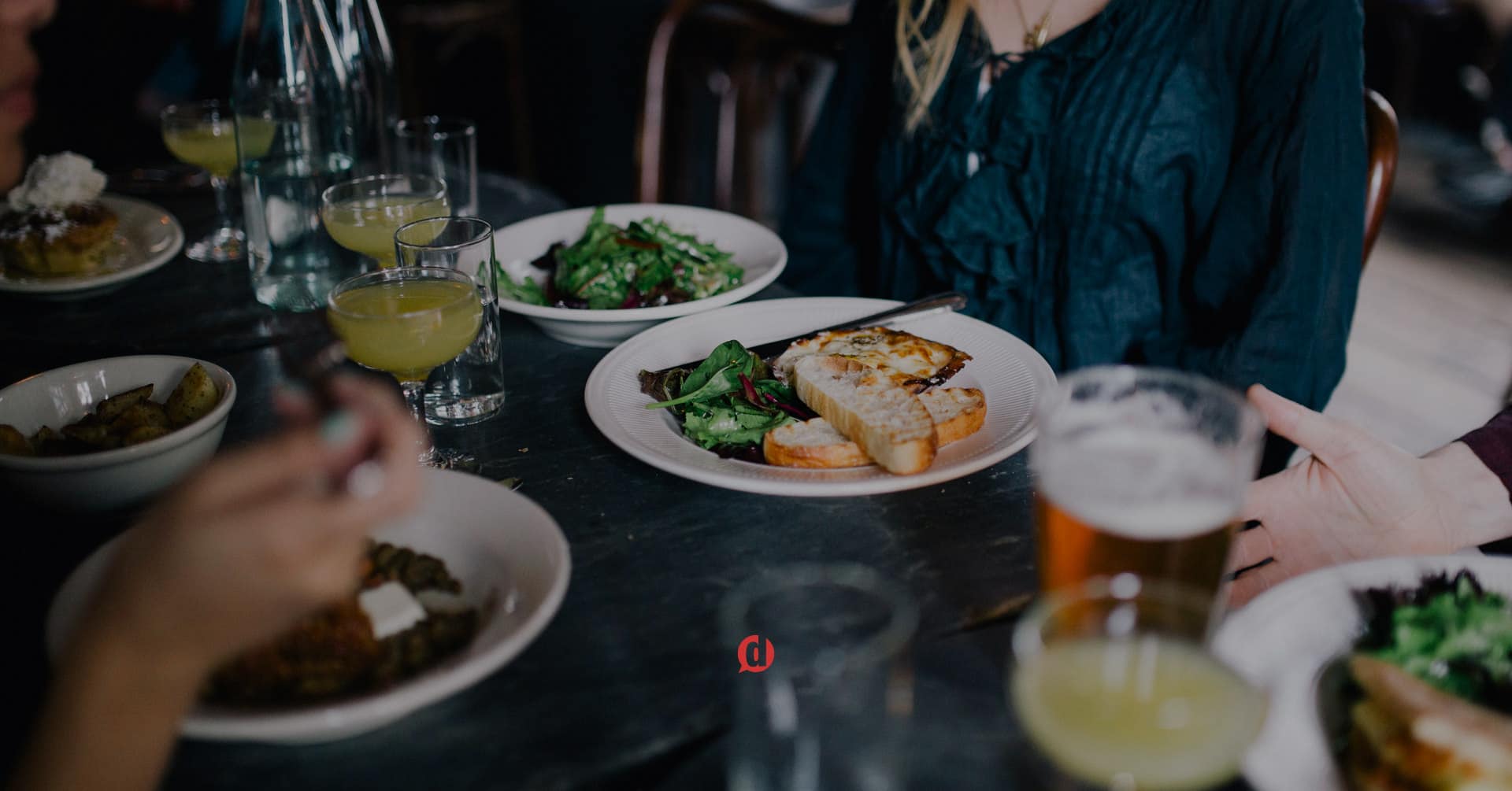What exactly are social signals (aka social proof) and how exactly can they benefit you?
After being asked this question several times in recent interviews and discussions, I realized that most people either don’t know what they are, or don’t know what the point is.
In this post I’ll break down what social signals are, and why they are important.
A Real Life Analogy
Imagine you’ve just arrived in Hollywood for the first time ever and you’re looking for a great place to have dinner. You haven’t read up on any of the local hot spots and you don’t have a fancy app that will recommend a great restaurant for you. You just decided to walk down Hollywood Blvd and see what you find.
You come upon two restaurants that look pretty much identical. Restaurant A has a line out the door of people waiting to get in. Restaurant B has nobody outside the door, and you’re unable to see inside if anyone is there.
Which restaurant will you immediately perceive to be better? Of course, without any prior knowledge of either restaurant, you would assume that Restaurant A is better, or at least more popular and be more likely to want to dine there.
Whether you’re aware of it or not, you’ve just been influenced by social signals.
My Working Definition
According to Wikipedia, the definition of social proof is:
a psychological phenomenon where people assume the actions of others in an attempt to reflect correct behavior for a given situation. This effect is prominent in ambiguous social situations where people are unable to determine the appropriate mode of behavior, and is driven by the assumption that surrounding people possess more knowledge about the situation.
That definition works. It’s a bit complicated though and I tend to take issue with the “proof” aspect. Because let’s face it, in a marketing context (or any context for that matter) the word ‘proof’ seems like it’s meant to be conclusive. I don’t believe that to be accurate and that’s why I’ve adopted the word ‘signals’ to replace ‘proof’.
So here’s my working definition of social signals:
visible activity or actions taken by other people on a given subject.
An easy way that this idea is applied to websites or blogs are social share buttons.

When you visit a website, odds are that they have incorporated some sort of social sharing button that would allow you to share the page via social networks. These buttons typically contain a numeric count on them, signifying how many times that page has been shared. This number signals the user to perceive how popular, authoritative, or relevant that page is.
It’s as simple as that. Higher numbers influence users to perceive a higher level of popularity and authority, giving more reason to trust the page.
Now, this can be seen as a superficial way of gauging authority or popularity, but it is unavoidable to say that these numbers have influence over perception. Higher social signals illicit a higher level of authority, trust, and shareability. People trust what other people have trusted, and are more likely to share something that other people have shared. Period.
Research has also been done on the effect of social signals on SEO (search engine optimization). While a lot of the data is inconclusive, studies have shown that social signals are becoming more and more of a factor.
This is one reason why I love how Google+ handles the passing of social signals with their +1 button and sharing from within the site. They make an effort to pass every share, +1, and unique comment straight to the webpages they are linked to. This is not the case with other social networks.
Additionally, with the fact that Google is now serving up personalized search results that include Google+ posts from those in your circles, SEO and social media ROI is taking on a whole new meaning. More on that soon.
Do you have a better understanding of what Social Signals are? Do you have any questions about them?

Leave a Reply
You must be logged in to post a comment.